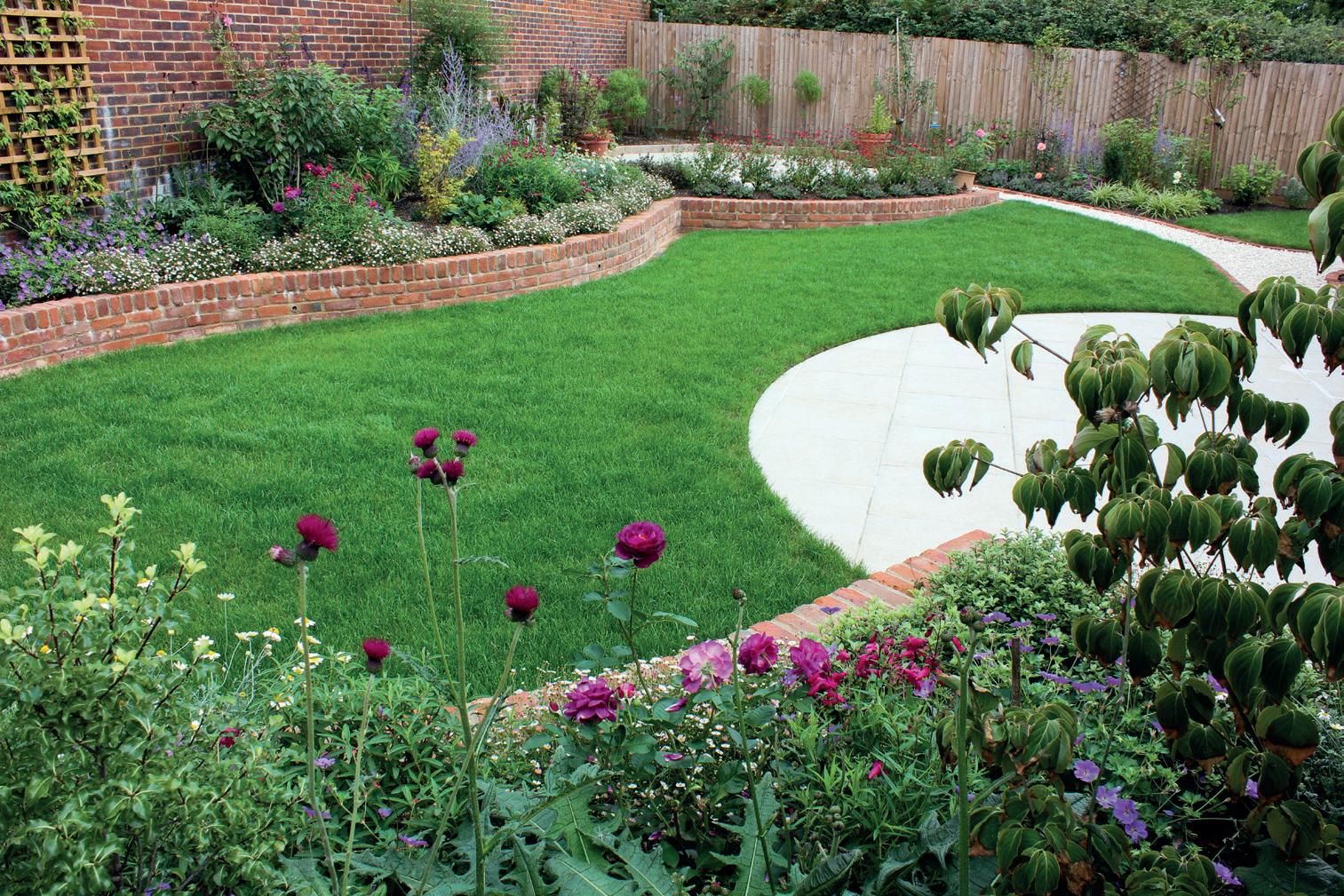
4 minute read
SUSSEX FREE RANGE EGGS
Buy from the hens at Riverside Farm, Laundry Lane, Vines Cross. Also available at Pomfrets Butchers, Spar Broad Oak & Davies & Son.
Tel 01435 812588
Advertisement
CONSUMER ADVICE: KEEP REFRIGERATED AFTER PURCHASE
Riverside Farm, Laundry Lane, Vines Cross, East Sussex TN21 9ED
Egg stamping explanation
0 = Organic, 1 = Free Range, 2 = Barn, 3 = Cage, UK = Origin, 99999 = Producer ID
St Swithun was a down-to-earth Anglo-Saxon bishop, venerated by all and especially by the common folk of England. He was constantly on the move; travelling to all corners of Saxon England on foot, giving alms and feasting the poor. Born during the reign of king Egbert and in his latter years tutoring the young prince Alfred, he became one of England's best loved saints. In keeping with his love of the common folk he requested was to be interred under the pavement outside Winchester cathedral: "Where it might be subject to the feet of passers-by and the drops of rain from on high". But in 971 his remains were brought inside the new cathedral to lie beside the Egg kings of Wessex, but not before the outraged saint had beseached God to cast down a tremendous deluge upon the workmen opening up his grave. The legend of the forty days of rain may have some scientific basis as well; the jet stream will often have settled into a static position around the 15th of July, (The Saint's feast day); if it lies north of the British Isles we may count on a long period of continental high pressure, deflecting weather systems upon the heads of the Scots and ther sundry northern tribes, and if to the south, Atlantic and northerly weather may prevail, giving a wet and dreary summer, though full of the life-giving rain that St Swithun so loved. So, back down at ground level we are aware that the gardener's work is never finished and even now, with the beds and borders in their full blaze of summer glory, a thought must be given to winter and to next season.
Spring flowering bulbs should be lifted and such subjects as autumn flowering Crocuses may be planted to give them a good chance to develop their flowers. Any branches on plum trees showing signs of silverleaf disease should be cut out at once and burned. This disease causes a metallic silvering of the leaf and can quickly spread around the whole tree. It is usually fatal. Now is the time for thinning the apples. If the king fruit ( The one in the middle of the cluster ) has not already been removed and there are other fruits to take its place, then it is these king fruits that should go. Pears, plums and even dessert cherries will all repay careful thinning if there has been a heavy set, and in our garden there has been this year.
In the vegetable garden the planting of brassicas should be pushed ahead just as quickly as ground becomes vacant. Continue to sow salads such as lettuce and radish for succession. A last sowing of French beans for a late crop may be made. Runner and French beans should be fed as they begin to make pods. Onions and shallots may be lifted and dried once the foliage starts to wither. And a fine sight they make hanging from the rafters in the shed. Celery must be watered frequently or it will bolt and run to seed. If the reader kept a bag of soot from last Autumn's chimney sweeping, as I'm sure we all did, a dusting of this makes an excellent deterrent to celery fly (One might try the local chimney sweep for supplies, I believe he advertises in this publication). Fruiting tomatoes should be fed regularly. This is a good time to gather herbs for drying, tied up in small bundles they make handsome companions to the knots of onions in the shed.
Faded flower buds of delphiniums, lupins, and other early flowering perennials should be cut out before seed is set to encourage secondary growth. Roses too, should be regularly dead-headed. For autumn flowers of lupins and delphiniums, the plants should be cut down at the beginning of this month and watered with a liquid fertiliser.
Cut grass makes an excellent mulch for carrot and spinach beds and around bush fruits, raspberries and sweet peas, lilies, dahlias, gladioli and other flowering plants, though not laid on too thick for fear of starving the soil of nitrogen.
As roses come to the end of their first flush of flowering, they can be fed with a high potash fertiliser to boost the second lot of flowers. Dead-heading of all faded blooms should be carried out at every opportunity.
Dahlias can be fed now but be careful to keep the feed well away from stems and leaves. Taller varieties should be securely staked.
Towards the end of the month we may start propagating many shrubs. For lack of space I refer reader to the relevant literature for methods of propagation. Cuttings of forsythia, flowering Currant, escallonia, weigela and deutzia and many other subjects will all root easily
Whilst we may allow ourselves on occasion to sit back in the shed indulging in a long pipe and quiet ruminations over our onions and herbs so fragrantly drying above us in the rafters, with its soundtrack of cooing wood pigeons and on the wireless, the clatter of Australian wickets a-falling, we must still occasionally gird ourselves to keep the hoe going as often as hoers' elbow will allow. All borders should receive a vigorous stirring from the Dutch hoe at least every seven days.
River Mead Nursery
Foords Lane, Vines Cross, Horam, East Sussex TN21 9HB
Telephone No. 01435 813353 Email – info@rivermeadnursery.co.uk

Website - www.rivermeadnursery.co.uk
We have a wide selection of plants:Bedding Plants, Herbs, Vegetable Plants, Perennials, Shrubs, Fruit Bushes, Fruit Trees, Ornamental Trees, Grasses, Cacti, Agaves.
Also available –
Home grown produce (seasonal vegetables, herbs, fruit, cut flowers and eggs).
Opening Times: Winter 9am-dusk Monday - Saturday







